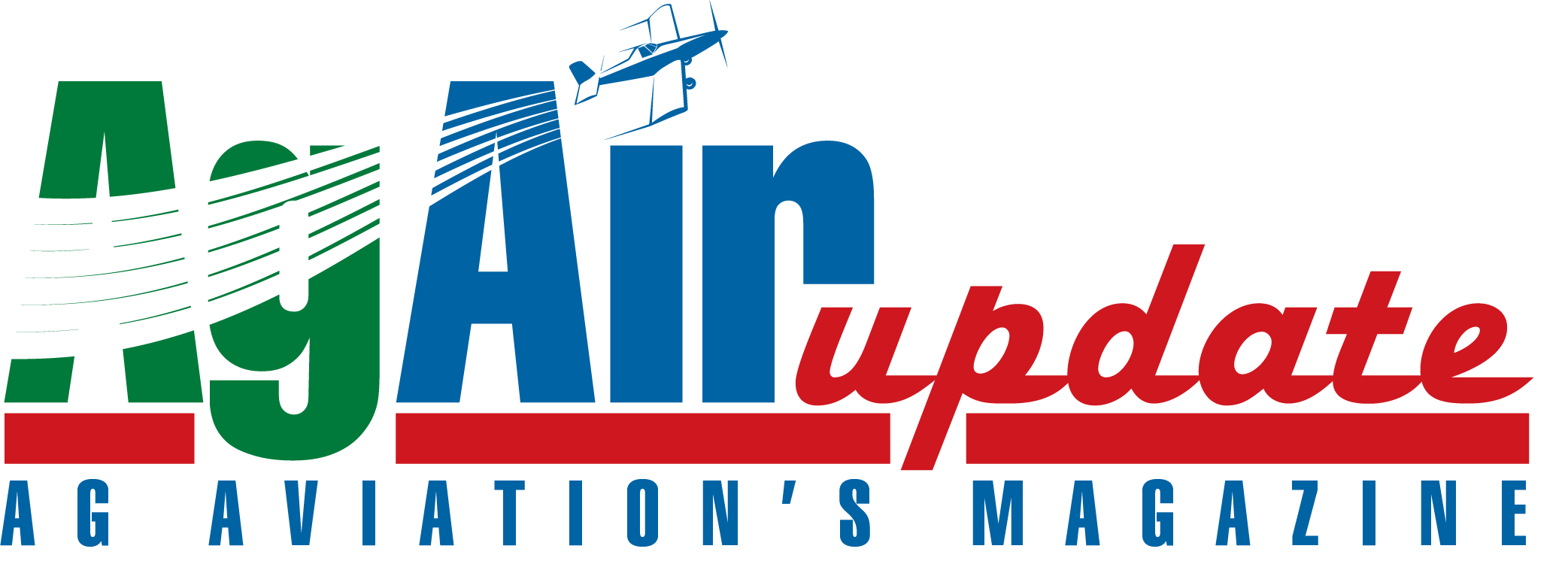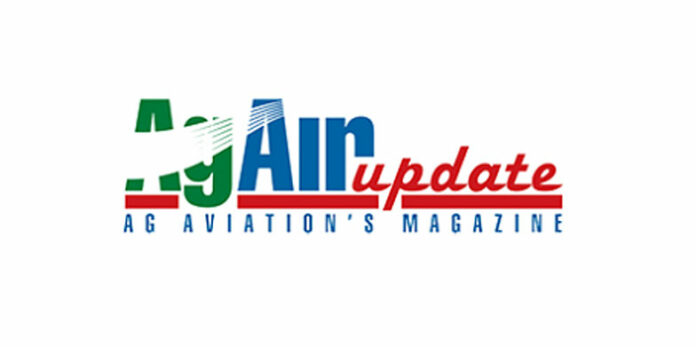NAAA sanctions Mississippi State flight research team’s efforts to enhance low-altitude flight safety
Currently, there’s no economically feasible way to completely protect pilots from UAVs. But NAAA is constantly working to do so. Now, we need the help of our operator readers to potentially protect your pilots from unmanned aerial vehicles.
In 2016, NAAA began to reach out to operators to tell them about an opportunity our industry has to help the FAA keep manned aircraft safe from UAVs. By anonymously sharing your GPS data logs with Mississippi State University, the university will work with the FAA to show it where ag pilots fly. This, in turn, could lead the FAA to have sufficient data to better protect ag aviators flying in and around UAVs, based on submitted GPS data logs.
Mississippi State University’s Raspet Flight Research Laboratory (RFRL) is leading a team of aviation researchers to help determine when and where unmanned aircraft systems can operate safely with other aircraft at low altitudes. To do this, the RFRL research team is collecting data on when and where low-altitude aviators fly. But air traffic control radar doesn’t provide coverage 10 feet above ground level (AGL), where ag aviators are. If we want to show the FAA where low-level UAV flights could put ag aviators at risk, we need to send the RFRL our GPS data logs.
The data you provide will be used to build representative flight profiles for agricultural aviation operations. Your data, when combined with flight data from other pilots, will help the RFRL team create the most accurate computer model ever built for low-altitude flight operations. This model will help to more reliably determine where drones can operate safely.
As important as this research will be to flight safety, protecting your privacy is even more important. The data you provide will be stripped of personally identifiable information before it is stored and processed for this project. Your data will only be used for this purpose, and will not be released outside of Mississippi State’s flight research team without your express permission.
If you are willing to provide GPS data to support the RFRL’s objective of enhancing low-altitude flight safety, MSU has set up a website that allows you to securely upload 1GB of your GPS track files. Go to www.hpc.msstate.edu/raspet-naaa/ and follow the instructions. The page will ask for a login—the username is: raspet-naaa, and the password is DATA#submission. Or if you prefer, you can simply email your files to agdata@raspet.msstate.edu or save them on a thumb drive and mail it to:
Raspet Flight Research Laboratory Attn: Madison Dixon 114 Airport Drive Starkville, MS 39759
The RFRL will make recommendations to the FAA that will inform policy, procedures and operational guidelines for drone use that will help make our national airspace system safer. Most importantly, the results of this research may help save lives by making sure that everyone has the space they need to operate safely and effectively.
This project has been sanctioned by NAAA staff and the NAAA Government Relations Committee, both of which strongly believe this will benefit ag aviators nationwide.
*_photo_1_*





